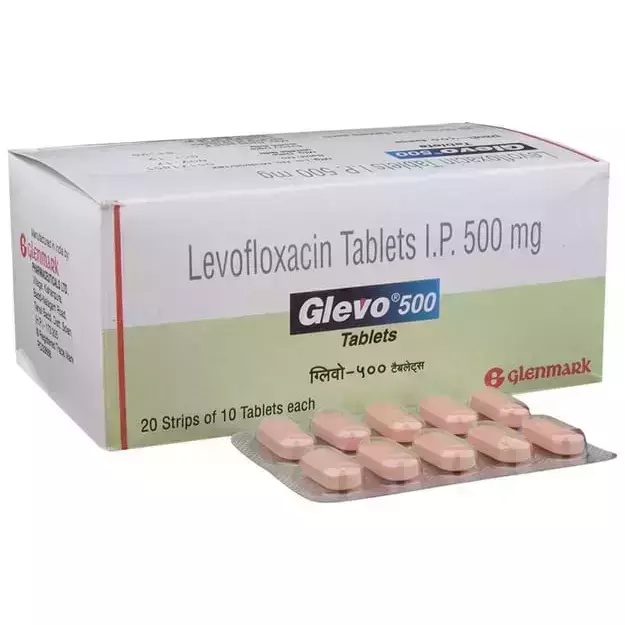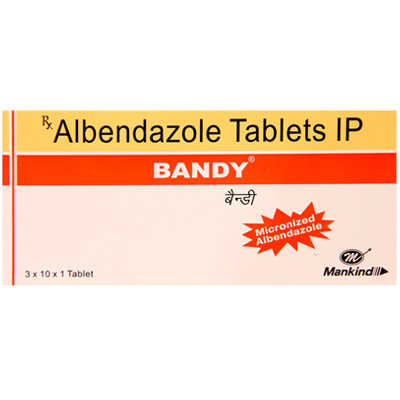Chlorocept, a prescription drug, is manufactured in various forms such as Tablet, Suspension. Primarily, it is used for the treatment of Bacterial Infections. The alternative uses of Chlorocept have also been explained below.
The optimal dosage of Chlorocept is largely dependent on the individual's body weight, medical history, gender and age. The condition it has been prescribed for, and the route of administration also determine the right dosage. Detailed information has been provided in the dosage section.
Some other side effects of Chlorocept have been listed ahead. Such side effects of Chlorocept normally do not last long and go away once the treatment is completed. If, however, they worsen or do not go away, please speak with your physician.
In addition, Chlorocept's effect is Severe during pregnancy and Severe for lactating mothers. It is important to know if Chlorocept has any effect on the kidney, liver and heart. Information on such adverse effects, if any, has been given in the Chlorocept related warnings section.
Individuals suffering from medical conditions like Kidney Disease, Liver Disease must refrain from the use of Chlorocept since this can cause severe adverse effects. Other contraindications of Chlorocept have been discussed in the sections ahead.
Drug interactions for Chlorocept have been reported in the medical literature. A complete list of these interactions is given below.
Along with the above-mentioned precautions, remember that taking Chlorocept is considered safe while driving, and is addictive.
X





























